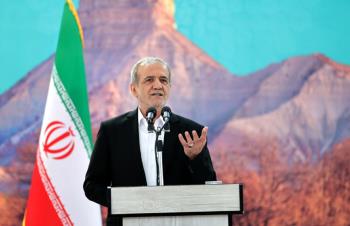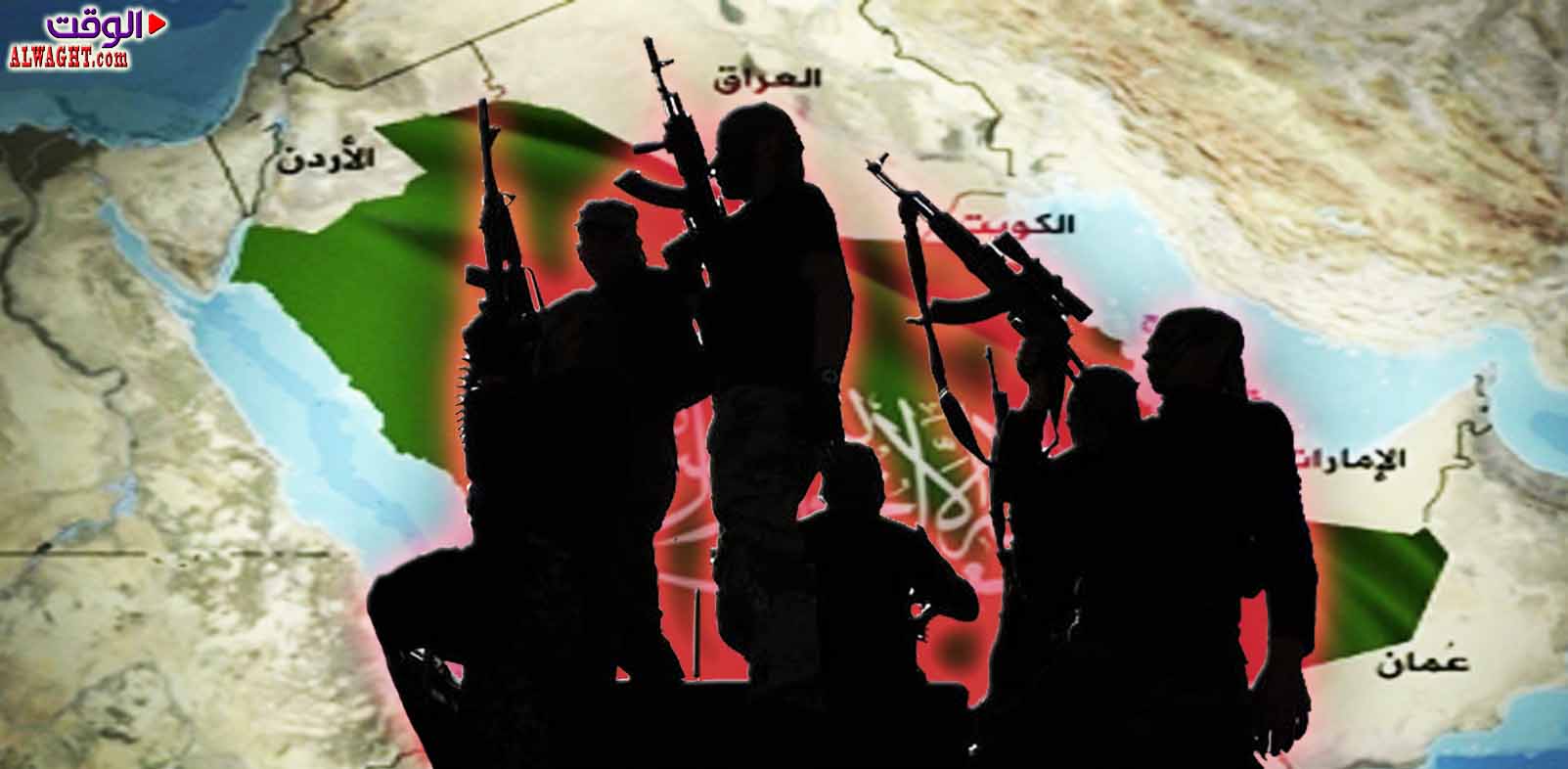Alwaght-The Saudi King , Salman bin Abdul-Aziz Al-Saud, has invited the
Pakistani Prime Minister, Mohammad Nawaz Sharif, to Saudi; at the time where
Pakistani officials were concerned regarding the accusations and critic toward
the Saudi support of the extremist schools and groups. In the same context, the Saudi embassy in
Islamabad tried to exonerate its country from these accusations; however, the
Saudi and Pakistani Foreign Ministries have shown the existence of challenges
between the two countries. Therefore,
this visit can be considered an attempt to achieve different goals.
The
Pakistani Prime Minister, Nawaz Sharif, has a special relationship with Saudi
and Al-Saoud. He has spent years in this
country, and the Saudis supported him financially. This is why Nawaz Sharif has flown to the
Saudi recently to check on the health status of the late Saudi King Abdullah,
despite the numerous problems in Pakistan.
However, this time, the Prime Minister's visit is formal with an
invitation from the new Saudi King himself.
In other words, this is the first time that a Pakistani Minister is
formally invited to Saudi. The
discussions between the two were based on the regional situations, the
bilateral cooperation in various aspects, the elimination of terrorism and
extremism, and the military operations by the Pakistani army against the
terrorists, and the financial support of the Pakistani schools especially. Nawaz Sharif has expressed his hope in a
further bilateral cooperation in various sectors – economic and political –
during the rise of the new Saudi King.
The former considered that the diplomatic relations between the two
countries are limitless, since the two have a lot in common.
Generally,
Saudi is obliged to confront different challenges in the reign of King
Salman. In addition to the internal
challenges, the risk posed by the terrorist groups on the security of the Saudi
Kingdom is a subject of great importance, and the new King should deal
with. Saudi is one of the biggest supporters
of terrorist groups in the region; it seems now that terrorism threatens its
borders. ISIS – the most prominent
terrorist group in the region – has threatened the Kingdom repeatedly in the
past months, and has recently attacked Arar border area and killed a number of
Saudi border officers.
The
other challenge facing the new king is the Yemeni situation, where the Kingdom
used to consider Yemen as its backyard for years. However, after the popular revolution in
2011, especially the last summer, Yemen began to escape the influence of Saudi. These developments come as the pro-Saudi
Yemeni President and the Prime Minister resign from their positions, and the
strength of Ansarullah is growing more profoundly. Therefore, the escalation in the power of the
Ansarullah can accelerate the Saudi uprising, and will create many security
problems for King Salman. In addition to
these issues, the possibility of an agreement regarding Iran's nuclear power
with Group 5+1 is greatly alarming for Saudi, which necessitates the increase
in the level of relations with Pakistan.
Previously,
Saudi has hosted the Egyptian President Abdulfattah Al-Sisi and the Turkish
President Erdogan. Nawaz Sharif is the
third leader who was formally invited by the Saudi King. This invitation coincided with the arrival of
the Foreign Minister of the US, John Kerry, to Riyadh.
These
developments point out the diplomatic efforts of the new Saudi King to address
the various challenges witnessed by the country, because there are various
internal and external challenges are facing King Salman, which require the
cooperation and aid of the rest of the countries.



























